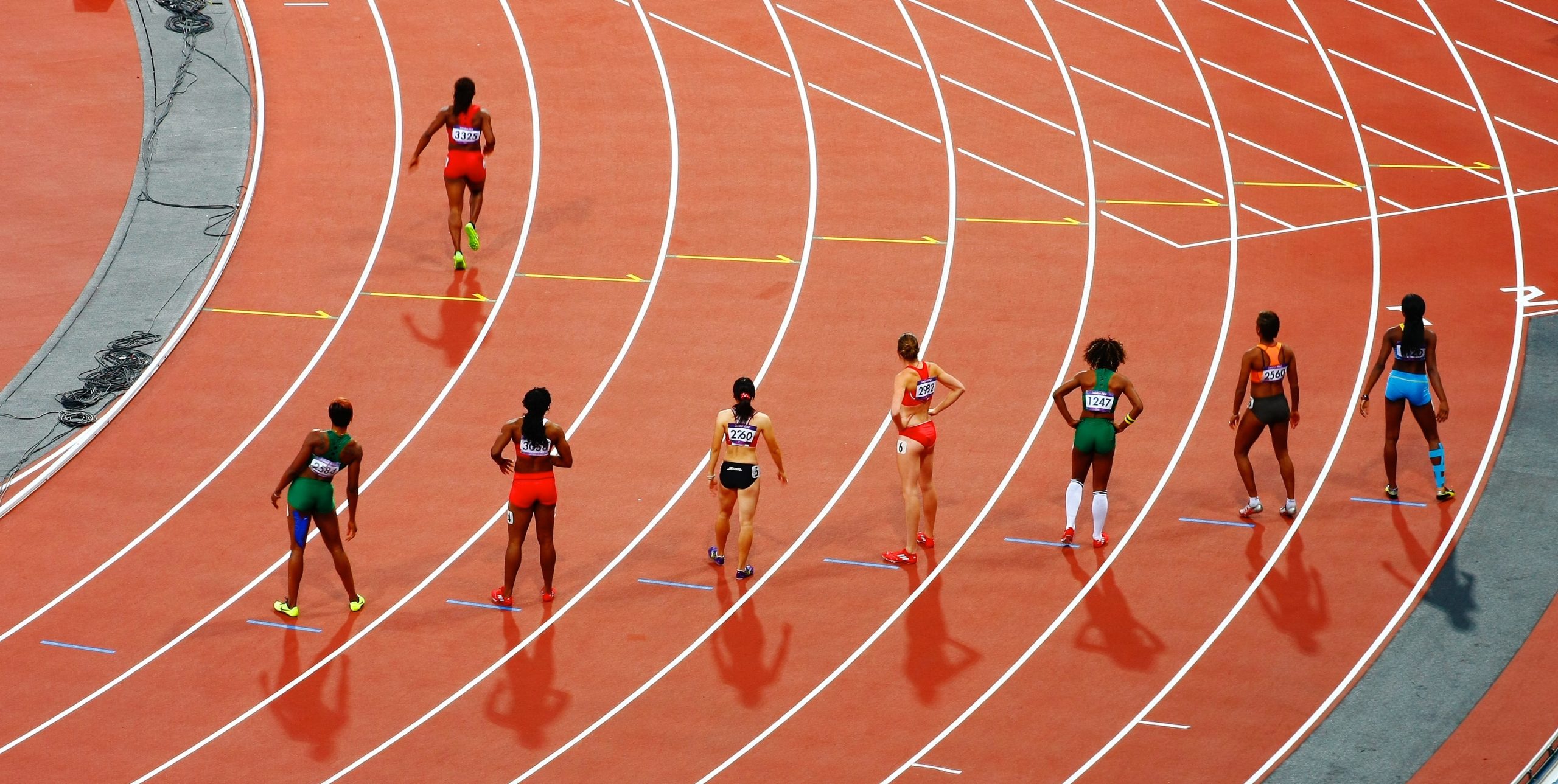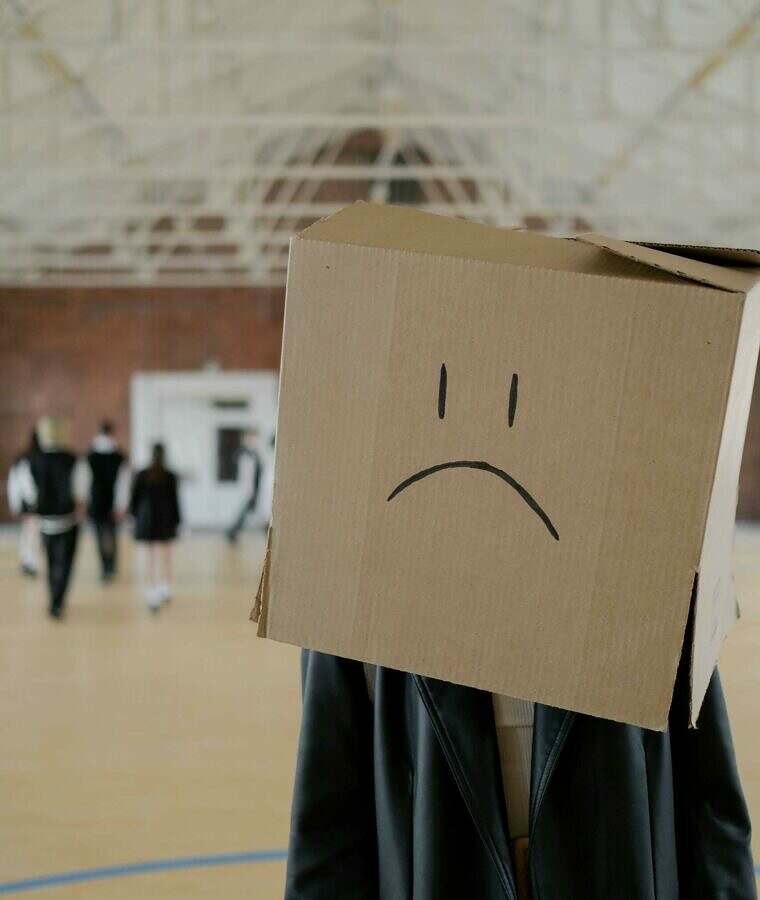With the Olympic Games Tokyo 2020 starting tomorrow, the perilous nature of COVID-19 continues to cast havoc and trepidation over large-scale international events.
The head of the International Olympics Committee has described this year’s planned event as “the most complex” games ever held; as the game’s host city navigates a state of emergency and the banning of live spectators.
Separate from the added stress and uncertainty stemming from COVID-19, research has shown that elite athletes already experience broadly comparable rates of mental ill-health relative to the general population, in relation to anxiety, depression, post-traumatic stress, eating disorders and sleep disorders.
Elite athletes are vulnerable to sport-specific risks due to a myriad of factors, including injury, overtraining, public scrutiny, and ongoing competitive pressure.
Dr Amit D Mistry, a consultant psychiatrist with a special interest in sports psychiatry at Nightingale Hospital in London, shares his thoughts on mental health in an elite sport during this unprecedented time.
With Tokyo largely banning live spectators and announcing a state of emergency, do you have anything to say about how this might impact sportspeople pre and during the Olympics? How do you anticipate this move might affect athletes?
We remain in unchartered territory on how a restricted and very different Olympic competition environment will impact athletes mental health and performance.
Even prior to the Olympics, we witnessed how COVID-19 disrupted athletic training routines and increased disordered eating and exercise addiction risk. These are two maladaptive methods that can be misused to provide a false sense of control in chaotic environments.
It seems as though the mental health problems athletes can face are becoming more transparent, with more athletes being open about their struggles. As a psychiatrist who specialises in sport and working with athletes, what do you think about this?
There is a welcome move within elite sport taking athlete mental health more seriously. In addition, a growing number of high-profile athletes continue to raise awareness on an often-stigmatised topic. Not only are athletes at risk of everyday mental health stressors similar to the general population but are exposed to unique, sport-specific risks too.
Traditionally, athletes have received increased attention and support when they least needed it, for example, adulation from fans when thriving and winning; but not when they were struggling with their form or managing a mental illness. However, we are getting better at identifying challenging transition periods within an athlete’s career that can impact mental health.
It is particularly encouraging to see national governing bodies heading to Tokyo with staff provisions in place to monitor athletes across the mental ‘wellbeing to illness’ spectrum.
These enhanced provisions follow the growing evidence in recognising how athletes can experience mental illness at similar and even higher rates (e.g. eating disorders) than the general population.
What are some common mental health issues faced by the world’s best sportspeople?
Following any Olympic cycle, athletes are at risk of post-competition ‘crash’, failure-based depression, injury management, retirement and even adjusting to an unanticipated burden of success.
There is a team-based and stepwise approach that we can follow to support athletes through these transitions. Also, we can employ similar techniques of support for those in non-sporting high-performance environments and navigate through difficult transitions too.
You can read more about athlete mental health and sports psychiatry, in Dr Mistry’s co-authored book, Case Studies in Sports Psychiatry.








